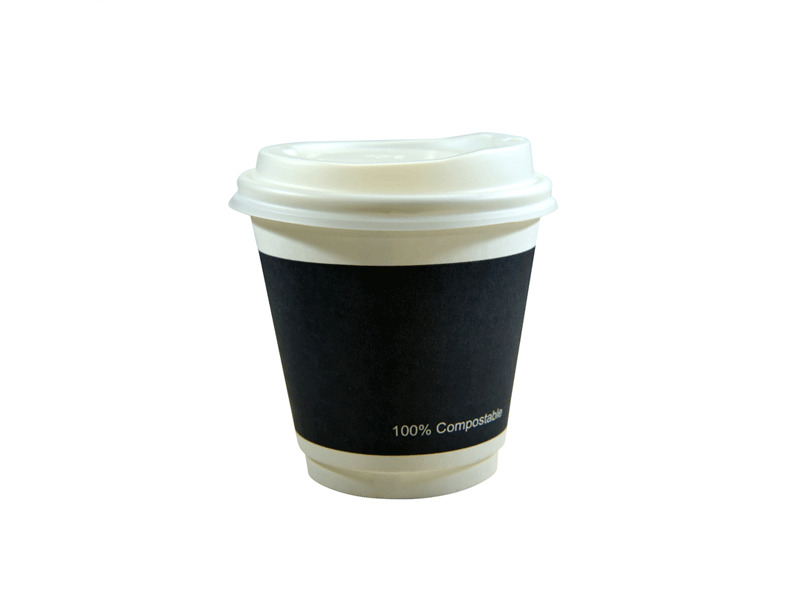
Over a third (38%) of adults say they’ve tried and failed to compost their ‘compostable’ coffee cups and food packaging at home – even though that’s not the right way to do it, according to a nationally representative study of 2000 people.
The study, commissioned in the UK by plant-based packaging company Rawpac, also found:
- One in five believe it’s okay to drop ‘compostable’ packaging and leave it to rot outside – a practice dubbed ‘eco-littering’
- 29% feel bad for regularly putting ‘compostable’ packaging in normal litter bins
- 18% “don’t see much benefit” in separating compostable packaging as “it all goes to landfill anyway”
- Recycling expert warns that consumer patience with green packaging is running out
The owner of RawPac is warning that confusion around ‘compostable’ packaging could lead to an increase in 'eco-littering' as consumers admit that they've tried but failed to compost packaging at home and have dropped 'compostable' food and drink packaging outside, mistakenly thinking it’s okay to do so in the belief it will quickly rot down where it is.
Some 38% of people say they’ve had to remove compostable packaging from their home compost bin because it didn’t break down, without realising that this kind of packaging must be dealt with at specialist recycling facilities.
The study also found that consumers are confused by environmentally friendly food and drink packaging labelling and are losing patience with the lack of recycling options available to them.
Some 18% of those questioned said they ‘don’t see much benefit’ in recycling their packaging as ‘it ends up in landfill anyway’ and 29% regularly put their compostable food and drink packaging in normal public litter bins.
And despite frustrations from consumers, putting packaging labelled as 'compostable' in a normal litter bin still benefits the environment, as it requires less resource to handle at landfill than other packaging.
Owner of RawPac, Tim Wilson, believes the confusion over the term 'compostable' could lead to an increase in eco-littering by consumers who are buying this packaging in good faith to help the environment.
He believes consumers want plastic-free packaging but are becoming frustrated at the lack of public composting facilities and confused by mixed messages about what they can and can’t do with take-away food packaging and coffee cups.
Tim warns more education is needed:
“Home composting isn’t suitable for most ‘compostable’ food and drink packaging. This sort of packaging requires a commercial composting facility for it to break down. But consumers can be forgiven for being confused. After all, it often says ‘compostable’ on the packaging. That’s why we’ve started calling our products ‘plant-based’, rather than ‘compostable’. It manages expectations.”
The RawPac study found that many consumers believe ‘compostable’ packaging will biodegrade by itself if left to rot. And the study found that 18% of consumers have left compostable packaging outside to rot, effectively littering due to misconceptions.
Younger consumers are most likely to believe it’s okay to drop litter if it’s compostable. 28% of 18-34-year-olds said they’d dropped litter that was marked ‘compostable’ thinking it would be okay to do so.
Tim says consumer expectations are out of kilter with reality.
“Labelling food and drink packaging as ‘compostable’ can cause consumers to see littering as harmless. Obviously, a plant-based cup will break down eventually, but it is still an eyesore and contributes to other problems while it sits in a hedgerow or by the side of a road.
“The industry is working hard to improve packaging and lower the environmental impact of convenience food and drink, but consumers are clearly frustrated at what they perceive to be a lack of facilities. We’re at a crucial point in the journey toward reducing our carbon footprint and hitting a critical mass of consumers demanding sustainable products, but if they think that their own effort is wasted, we’ll lose that support and momentum very quickly indeed.”















